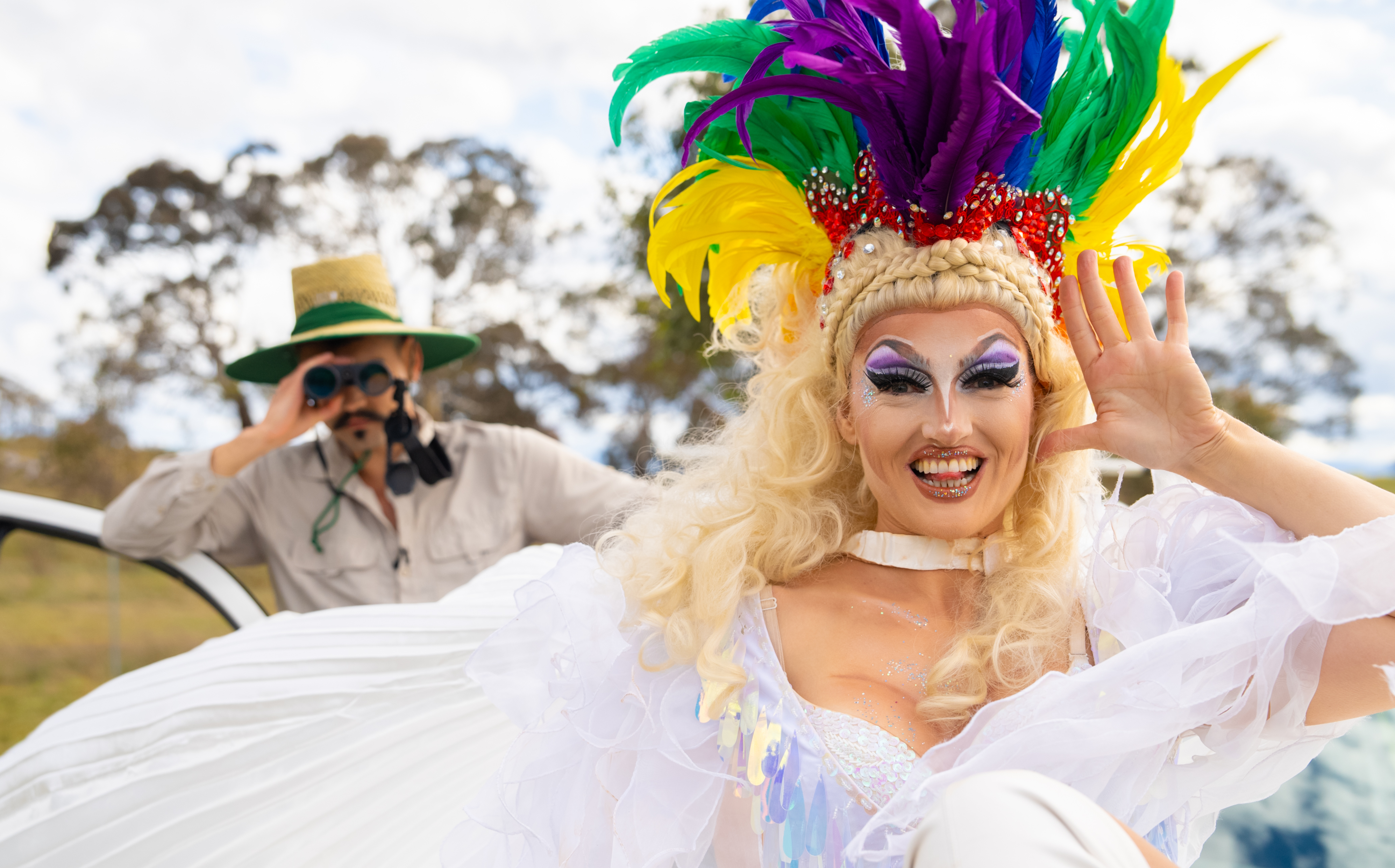A performance celebrating diversity among social animals is the overall winner of the 2024 Dance Your PhD contest, which the author has compared to winning Eurovision. It could also be the perfect way to launch a career as a singer/songwriter/science communicator.
Since its establishment 16 years ago, Dance Your PhD has become a way for hundreds of scientists to teach the world about their work in a format that reaches many who would normally tune out. The effort is large, and the financial rewards small – but some past participants have reported the discipline of explaining their work through interpretive dance has helped the writing-up process.
Dr Weliton Menário Costa, on the other hand, completed his thesis in 2021. He told IFLScience it’s only now he has had time to pursue his other passions in music and dance, and the contest provided a bridge. Menário Costa, who goes by the stage name WELI, explored the way wild grey kangaroos – who live in large groups called mobs – interact and how their social environment and childhood shape their personality.
Being from Brazil, kangaroos were not the first thing Menário Costa thought to study, but as he told IFLScience; “I’ve always loved social animals.” After studying goats, whose sociability fascinated him, Costa applied for PhD topics in social mammals around the world, eventually landing at the Australian National University to join a long-term study of a group of eastern grey kangaroos.
Menário Costa drove a remote-controlled miniature car into the mob and tracked the kangaroos’ reactions under different circumstances, learning their personalities in the process. “Kangaroos are very socially aware and will adjust their behavior based off cues from other roos,” he said in a statement.
Kangaroos don’t discriminate based on sexuality and gender identity. WELI wanted to celebrate diversity in the video.
Image credit: Nic Vevers/ANU
“I’m interested in how the social environment shapes you,” Costa told IFLScience. “It comes from being queer in a conservative place. I found it doesn’t just happen in humans.”
For someone who is developing a musical career, with his first EP set to drop soon, a Dance Your PhD entry was a natural choice, and kangaroos made it easy – some even look like they are joining in. Koalas might not have given Costa the social aspect he was chasing, and would certainly have been less danceable had he ended up on them anyway. Nevertheless, he said; “I’d still have tried because I have this passion” for dance and communicating his work.
Between former housemates and dancing partners, Costa had plenty of people who wanted to participate. However, given the importance of diversity as a topic, he decided to go further, seeking out people from many backgrounds and styles to ensure the video emphasized the point made by the science.
“One of the main messages I wanted to convey through this piece of work is that differences lead to diversity, and this is evident throughout the entire video. It’s evident with the different dancers that herald from various cultures and backgrounds,” Menário Costa said.
He encouraged dancers from differing backgrounds to mingle like kangaroos, moving from individuals to a unified mob.
Menário Costa has been working as a research officer since graduating but is now going to explore the music business full-time for a while, and hopes the win will bring people to his channels.
The contest has winners in four categories, who thanks to sponsorship by AI company SandboxAQ now get $750 each. One of these becomes the overall winner, increasing their prize money by $2,000. Considering the effort that goes into filming these works of art, you need to be doing it for the love, not the money – or, in rare cases, the fame.
Judges say they are looking not only for good dancing, but a clear link to the science being explained.
Costa entered his work in the social sciences category, rather than biology. Coincidentally, the biology winner covered some of the same ground, using more classical ballet to explore how early life experiences such as violence and neglect impact children’s growth through epigenetics.
In further evidence of how blurry the categories can be, neural regeneration and the role of the Circadian Clock won the chemistry award.
Finally, the physics prize went to a superbly choreographed exploration of the erosion of streambanks.
Source Link: Kangaroo Sociability Puts A Hop Into "Dance Your PhD" Contest
